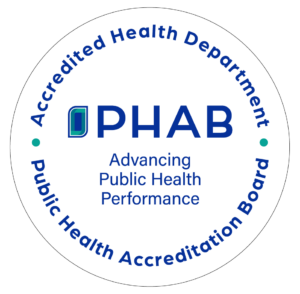Radon is leading cause of lung cancer in people who never smoked
You can’t see, smell or taste radon, but it could be present at a dangerous level in your home. Radon is the leading cause of lung cancer deaths among nonsmokers in America and claims the lives of about 21,000 Americans each year. In fact, the EPA and the U.S. Surgeon General urge all Americans to protect their health by testing their homes, schools and other buildings for radon.
More than 40% of Minnesota homes have dangerously high radon levels. That concerns health officials, because radon — an odorless, colorless radioactive gas — is the leading cause of lung cancer in people who have never smoked. Exposure to radon is a preventable health risk and testing radon levels in your home can help prevent unnecessary exposure. If a high radon level is detected in your home, you can take steps to fix the problem to protect yourself and your family. Minnesota has unusually high radon levels due to its unique geology and cold climate. The average radon level in Minnesota is more than three times higher than the U.S. radon level: 4.2 pCi/L (picocuries of radon per liter of air) compared to 1.3 pCi/L. A recent American Lung Association analysis estimated that in 2018, 638 lung cancer cases in Minnesota were radon-induced (17.8%), out of the 3,587 lung cancer cases diagnosed.
“The only way to know if your home has high radon levels is to test, but only about 1% or 2% of Minnesota homes are tested annually,” said Dr. Brooke Cunningham, Commissioner of the Minnesota Department of Health. “Another concern is that, although radon occurs throughout the state, there are notable disparities in where the testing and mitigation are taking place.” “Radon is a serious public health issue in Minnesota, and we urge everyone to test their home for radon this month,” said Jill Heins-Nesvold, national senior director of Health Systems Improvement and Indoor Air Quality at the American Lung Association. To learn more about Radon, visit the Minnesota Department of Health’s page here.
Residents of Meeker, McLeod and Sibley counties can receive a short term radon test kit free at their local public health offices.
